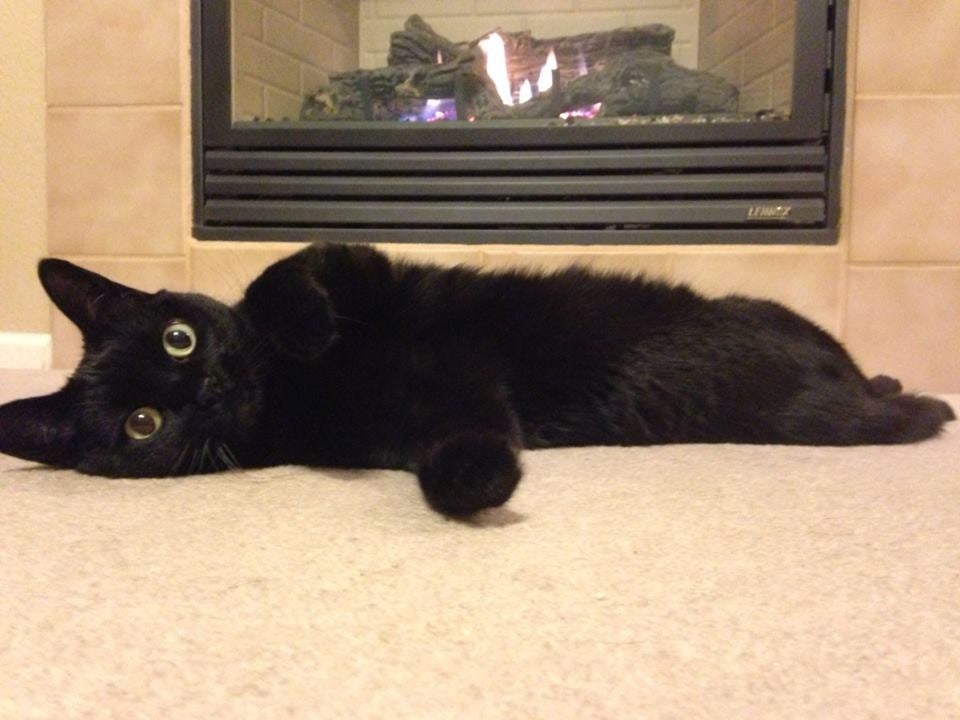Black cats being rejected because they don't look good in selfies, says RSPCA
Tabby kittens prove most popular on RSPCA Facebook page

Your support helps us to tell the story
From reproductive rights to climate change to Big Tech, The Independent is on the ground when the story is developing. Whether it's investigating the financials of Elon Musk's pro-Trump PAC or producing our latest documentary, 'The A Word', which shines a light on the American women fighting for reproductive rights, we know how important it is to parse out the facts from the messaging.
At such a critical moment in US history, we need reporters on the ground. Your donation allows us to keep sending journalists to speak to both sides of the story.
The Independent is trusted by Americans across the entire political spectrum. And unlike many other quality news outlets, we choose not to lock Americans out of our reporting and analysis with paywalls. We believe quality journalism should be available to everyone, paid for by those who can afford it.
Your support makes all the difference.The RSPCA has reported that 70 per cent of more than 1,000 cats in care in Britain are black or black and white, with the historically unlucky felines facing a new challenge in the photo-obsessed 21st century: the selfie.
The disproportionate number of black cats being abandoned each year is undoubtedly at least in part down to them being less aesthetically pleasing in the eyes of some owners, and the ever-growing trend of posting cat pictures on social media has surely only compounded this.
One cat rescue centre owner in Nottingham told The Telegraph it is "full to bursting" with cats of a dark hue, adding: "We have had a lot of black cats in this year – people don’t like black at the moment.
"Others look at the black cats and then just say 'Oh, have you got anything else?’ Ginger male cats are the most popular but I think the black cats are beautiful and photograph fine."
Black cats have suffered from an image problem since the Middle Ages, when they were first associated with witchcraft.

Most Britons now consider them good luck if anything, but their perceived un-photogenicity is a growing problem.
"In UK folklore, black cats symbolise good luck, yet sadly in reality they are not so lucky," an RSPCA spokesperson said.
"There are a number of reasons for this, ranging from the fact that black cats are harder to tell apart than cats with more distinctive markings and the fact that black animals tend not to photograph as well."
The issue is the same with black dogs, whose features tend not to stand out when photographed.
Animal charity Blue Cross said it had seen a 65 per cent rise in the number of black cats it took in each year between 2007 and 2013, while a north-east London branch of the RSPCA said it sees less inquiries on Facebook about black cats.
"We had some photos of a single eight-week-old tabby kitten on our Facebook page and received around 30 calls in two days from people keen to adopt him," a spokesperson told The Telegraph.
"We had maybe one call in relation to the black kittens which were posted for rehoming on the same day."
Join our commenting forum
Join thought-provoking conversations, follow other Independent readers and see their replies
Comments